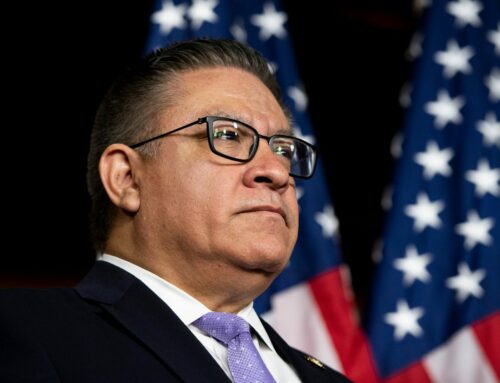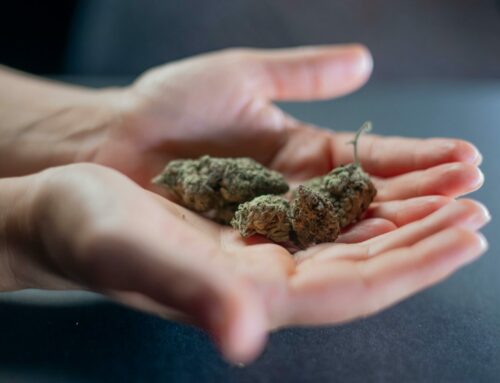Florida’s Cannabis Legislation: A Delicate Balance Between Reform and Regulation
LOS ANGELES- In Florida, a state on the cusp of major cannabis reform, recent legislative endeavors have sparked a complex dialogue about the future of cannabis regulation. Proposals for stringent THC potency caps, even before the legalization of adult-use cannabis, have ignited discussions that underscore the intricate balance between public health concerns and the burgeoning cannabis industry’s growth potential.
The legislative session witnessed the introduction of House Bill 1269 and Senate Bill 7050, aiming to impose caps on THC levels in adult-use cannabis products. Specifically, these bills proposed a 30% THC limit for smokable forms and a 60% cap for other concentrates and infused products, with edibles restricted to 200 milligrams per package and 10 milligrams per serving. The move was unprecedented, preemptively seeking to regulate a market yet to be legalized, and was met with skepticism and opposition from various stakeholders.
Rep. Ralph Massullo (R), a sponsor of HB 1269, expressed his belief in the quality of the proposed legislation and its intention to safeguard public health by limiting the potency of intoxicating substances. Despite these assertions, the bills have not advanced in the current legislative session, largely due to time constraints, leaving their future uncertain.
This legislative impasse occurs amid a broader debate over cannabis legalization in Florida, highlighted by the potential inclusion of a constitutional amendment for adult personal use of cannabis on the November ballot. The initiative, spearheaded by Smart & Safe Florida and heavily backed by Trulieve, the state’s largest medical marijuana provider, has faced scrutiny over its exclusions, such as the prohibition of personal home cultivation and the absence of social equity considerations and cannabis expungement initiatives.
Critics argue that the current draft of the adult-use legislation could potentially foster a monopolistic market landscape, favoring established entities over new entrants. This concern is amplified by Trulieve’s significant financial contribution to the campaign, raising questions about the future competitiveness and inclusivity of Florida’s cannabis market.
As Florida stands at a pivotal juncture in its cannabis policy journey, the withdrawal of the THC cap bills marks a moment of reflection for lawmakers, industry participants, and advocates alike. The upcoming ballot initiative represents a critical opportunity for Floridians to voice their stance on adult-use cannabis legalization and the direction of the state’s cannabis industry.
Governor Ron DeSantis’s optimism about the measure’s progression underscores the growing momentum for cannabis reform in the Sunshine State. However, the debate over THC potency caps highlights the nuanced challenges of balancing regulatory oversight with industry growth and consumer autonomy.
As Florida navigates these legislative waters, the outcomes will undoubtedly have far-reaching implications for the state’s cannabis landscape, shaping the regulatory framework, market dynamics, and consumer experiences in the years to come.



































